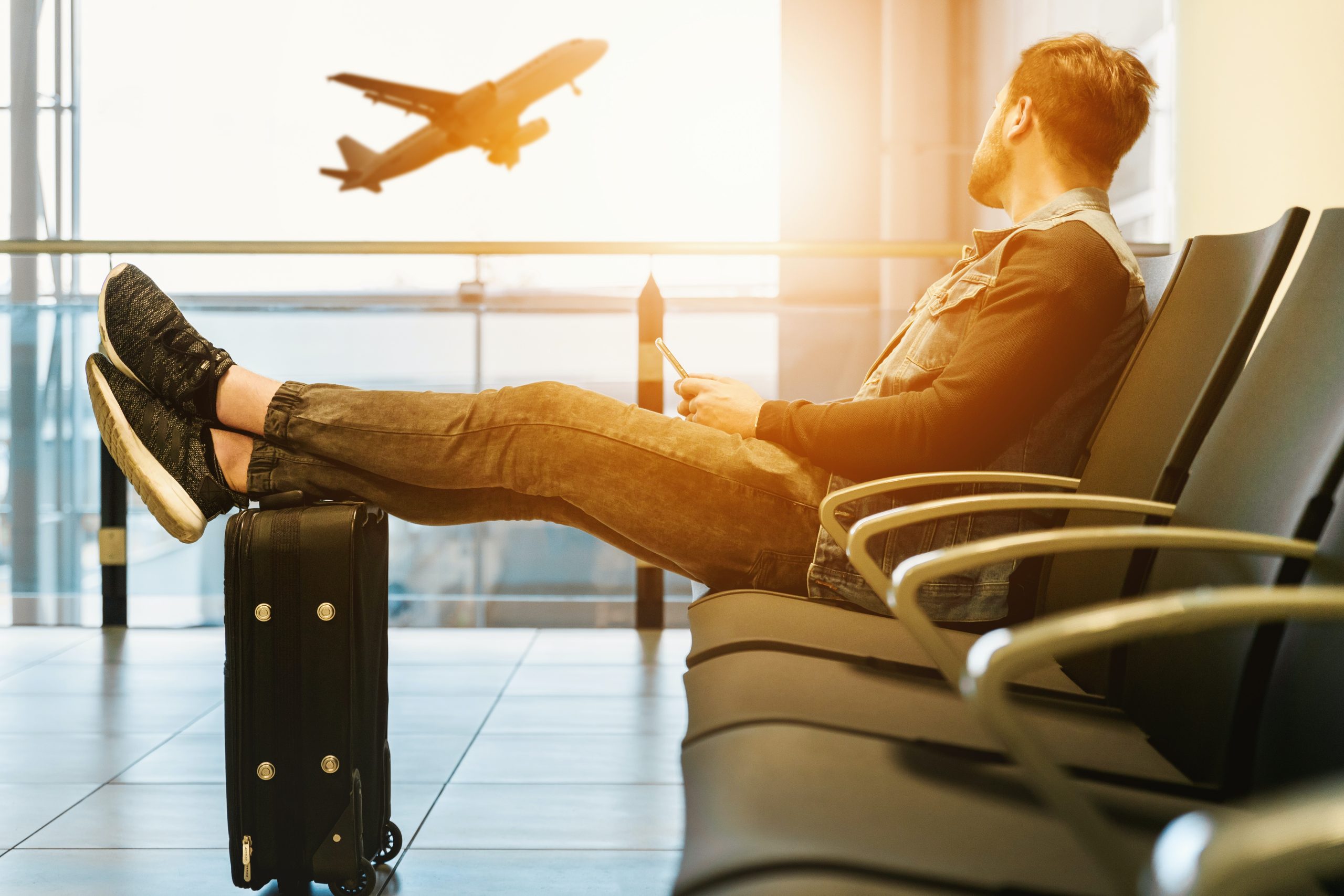There are certain areas in any airport that are islands of refuge for weary business travelers: Your airline’s lounge, where a comfortable seat and perhaps a snack await you, far from the throngs of fellow travelers waiting for their layover…A favorite watering hole, where you can grab a drink before you board…And a charging station, ensuring that your phone’s battery is as full as it can be before you hit the road.
Unfortunately for road warriors, the Federal Bureau of Investigation is warning people to stay away from that last one.
The FBI has issued a warning to travelers, urging them to “avoid using free charging stations in airports, hotels, or shopping centers. Bad actors have figured out ways to use public USB ports to introduce malware and monitoring software onto devices that access these ports.”
It’s called “juice jacking” – and what it means is hackers can use that charging port to install malware on your phone or other electronic device that lets them access personal information and possibly monitor your online activities (such as log-ins to your bank account).
The Federal Communications Commission has raised a flag about the practice as well.
“Bad actors can load malware onto public USB charging stations to maliciously access electronic devices while they are being charged,” it said in a statement. “Malware installed through a corrupted USB port can lock a device or export personal data and passwords directly to the perpetrator. Criminals can then use that information to access online accounts or sell it to other bad actors.”
The Good News
While the warnings seem dire, there doesn’t seem to be a reason to be dramatically concerned. The FBI office in Denver, which also Tweeted the warning, noted there was no specific event that prompted the alert, but rather it was a general warning.
And even the FCC says that “although ‘juice jacking’ has been demonstrated to be technically possible as a proof of concept, the FCC is not aware of any confirmed instances of it occurring.”
The caution to consumers comes as Americans begin to travel a good bit more, both for business and pleasure. Total air travel in February was more than 55% higher than it was during the same period in 2022, according to the International Air Transport Association. And travel experts expect this to be a record-breaking summer season, as people get over concerns about public transportation.
Charging stations, of course, are found outside of airports. They’re located in malls, restaurants and pretty much anywhere else people congregate. So the FBI’s warning goes beyond travelers.
It’s a good reminder, though, to keep a close eye on your phone’s battery life. Carry your own charger and USB cord and use an electrical outlet when things get low instead, law enforcement officials suggest.
Another idea? Carry a small portable charger (which can be almost as small as a credit card) and charging cable.
And if those options don’t work for you, consider a USB data blocker, a small device that acts as a shield between a device and charging port, blocking attempts to install invasive code.
The views and opinions expressed herein are the views and opinions of the author and do not necessarily reflect those of Nasdaq, Inc.
Image and article originally from www.nasdaq.com. Read the original article here.

